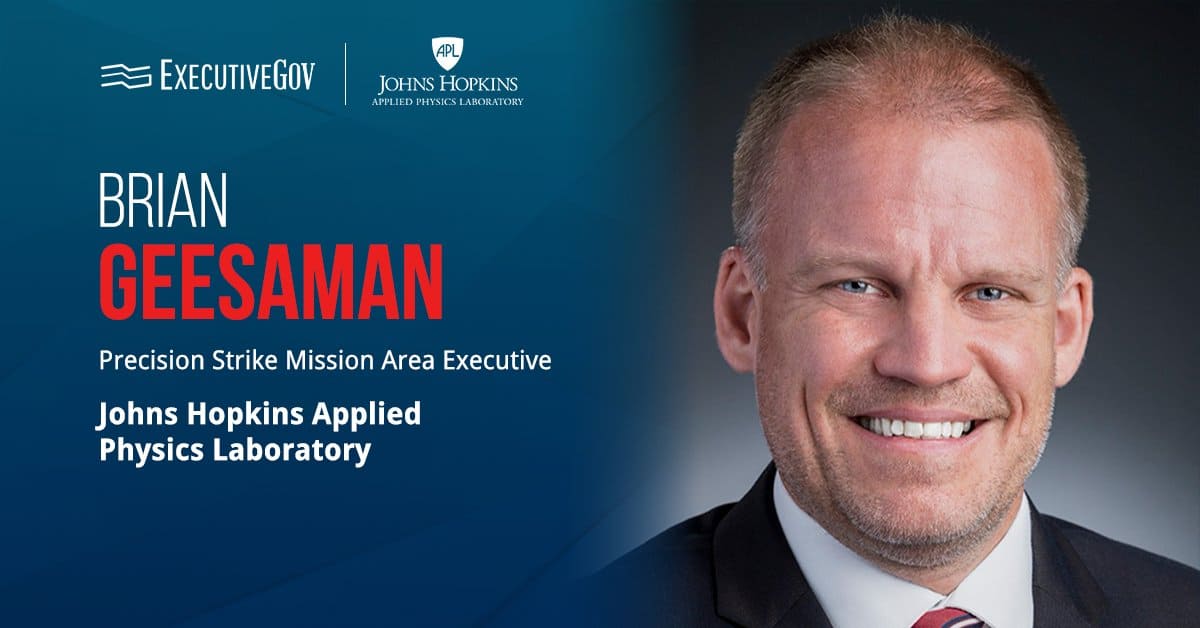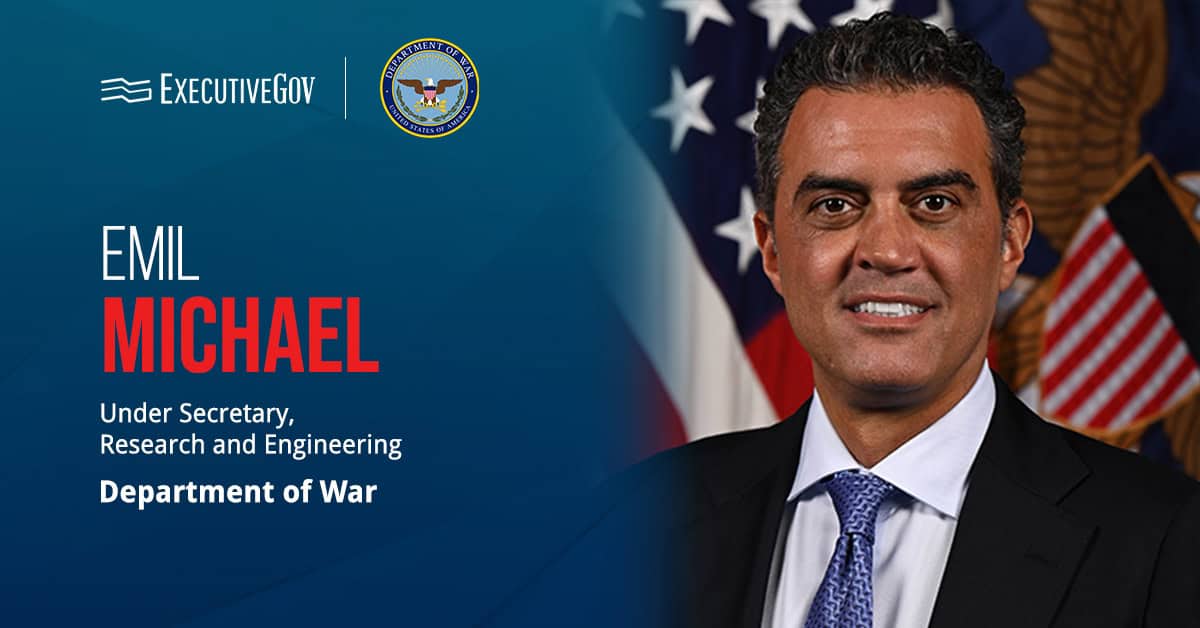
Lauren Knausenberger, director of cyberspace innovation at the U.S. Air Force, said the service is developing methods to speed up the accreditation of software-as-a-service applications to handle controlled unclassified information, FedScoop reported Thursday.Â
Knausenberger said at the Security Through Innovation Summit Thursday that she is working with Wanda Jones-Heath, the Air Force’s chief information security officer, on a pilot that intends to accelerate the assessment and authorization of SaaS apps used to handle data at Impact Level 4 based on the Department of Defense’s cloud security requirements.
“I expect that we will be able to accredit some SaaS offerings in a month or less. It could be faster if they had everything ready to go and we had a team ready to go test anything that was needed to be tested,†she said at the event.





